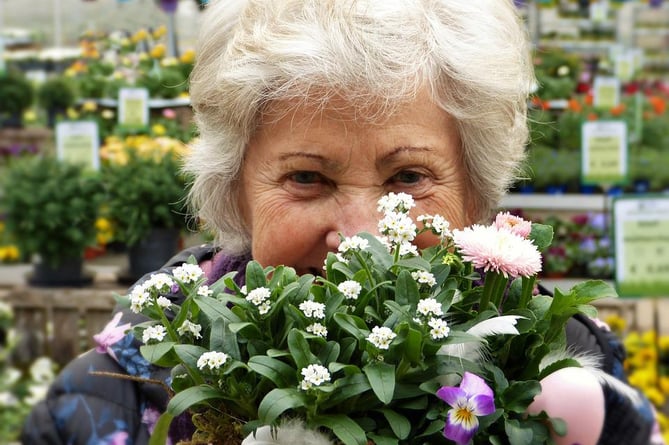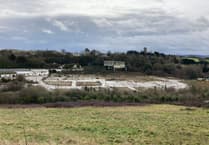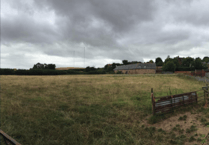HEALTH and social care organisations in Somerset have unveiled ambitious plans to
invest in services and transform care for the county’s 9,400 people living with dementia.
Somerset County Council is working with the NHS Somerset Clinical Commissioning
Group and community and charitable sectors to redesign nursing and residential homes,
and invest in new technologies and services which help people remain living independently
in their own homes.
Care providers, people living with dementia, and their carers will play a key role in the
redesign through extensive consultation over the next two years.
This will include open days where people with dementia can try out new technologies,
interactive events to engage decision makers in the realities of living with dementia,
and webinars with providers to find out what works well, and what needs to be improved.
Mel Lock, Somerset County Council’s director of adult social care said: “We have
over 9,400 people in Somerset who live with dementia, and we are absolutely committed to
ensuring they have a say in designing the services which they will use going forward.
“It is important for people with dementia to have opportunities to participate in the activities
that they enjoy, and we are investing in services which will help them to enjoy interesting,
varied lives where they can be as independent as possible.”
The investment follows a government White Paper which aims to boost investment
into housing, invest in new technologies, and improve the delivery of care and support services
by increasing funding for local authorities and investing in local initiatives which
enable innovation in the way care is delivered.
As part of its plans to invest further in dementia, Somerset County Council will
invest in new technology equipping the social care workforce with the digital tools, knowledge,
and confidence they need to deliver outstanding quality care.
All specialist residential care homes and older persons mental health homes will also
be able to access a range of new technology and training which they can use to support
people to enjoy more independence and to feel more connected with family and friends.
These could include the Oyster Watch, with GPS tracking to keep people safe and
give families peace of mind and ensure that independence is maximised; or the Rosebud
Reminder Clock which provides useful prompts to help people remember things and
reassure them if they are feeling anxious.
There are also plans to work with providers across Somerset to support them to deliver
new and improved models of care and support.
This will include bringing a range of community-based activity groups - such as
Wellington’s Reminiscence Learning - into care settings to provide fun activities such as
arts and crafts, music, baking, painting, exercise, and nature-based activities.
To have your say about dementia services and how they can be improved, email:




